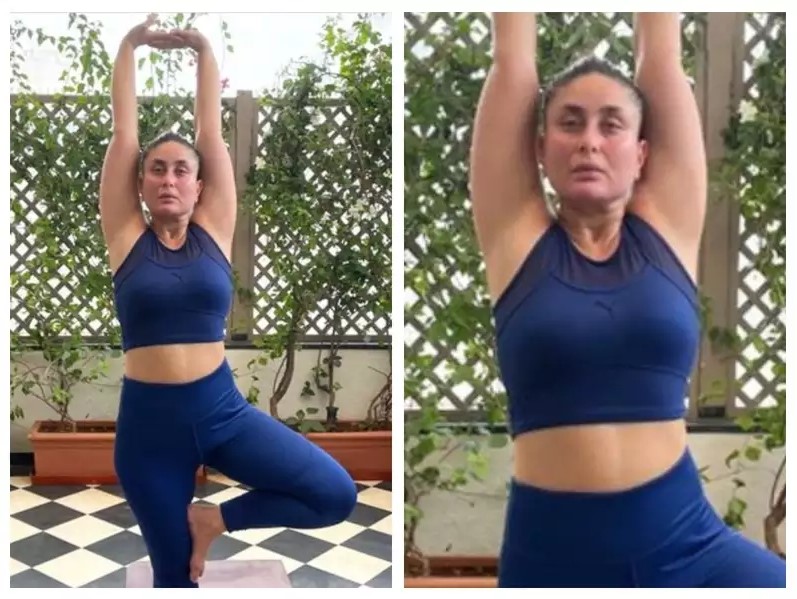Knee pain is a common issue that affects many older adults and can greatly impact their mobility and quality of life. While surgery is a common treatment option for severe cases, there are non-surgical approaches that can help alleviate pain and improve joint health. In this article, we will explore some tips and strategies for managing knee pain, including incorporating a healthy diet and yoga practice.
Tips for Managing Knee Pain
- Exercise Regularly: Engaging in regular physical activity is important for maintaining joint health and reducing knee pain. Low-impact exercises such as walking, swimming, and cycling can help to improve joint flexibility and reduce stiffness. Additionally, strengthening exercises that target the muscles around the knee can help to improve stability and support the joint.
- Maintain a Healthy Weight: Excess weight can put added stress on the knees, leading to increased pain and inflammation. Maintaining a healthy weight through a balanced diet and regular exercise can help to reduce the risk of developing knee pain and improve joint health overall.
- Use Supportive Devices: Using supportive devices such as knee braces or shoe inserts can help to reduce stress on the knee joint and provide additional support. Consult with a healthcare professional to determine the appropriate device for your needs.
- Apply Heat or Cold Therapy: Applying heat or cold therapy can help to reduce inflammation and alleviate pain. Applying heat can help to improve blood flow and reduce stiffness, while applying cold can help to reduce inflammation and numb the pain.
Diet for Managing Knee Pain In addition to regular exercise and other strategies, incorporating a healthy diet can also help to reduce inflammation and improve joint health. Some dietary changes that may be helpful for managing knee pain include:
- Eating a Balanced Diet: A balanced diet that includes a variety of fruits, vegetables, whole grains, lean protein, and healthy fats can provide the nutrients needed to support joint health.
- Avoiding Processed Foods: Processed foods and those high in sugar and saturated fat can contribute to inflammation and worsen knee pain. Avoiding or limiting these types of foods can help to reduce inflammation and improve joint health.
- Increasing Intake of Anti-Inflammatory Foods: Incorporating foods with anti-inflammatory properties such as ginger, turmeric, and omega-3 fatty acids can help to reduce inflammation and alleviate pain.
Yoga Practice for Managing Knee Pain Yoga is a form of exercise that can help to improve joint flexibility, reduce inflammation, and alleviate pain. Some yoga poses that can be particularly helpful for individuals with knee pain include:
- Chair Pose: This pose helps to strengthen the muscles around the knee and improve stability.
- Warrior Pose: This pose can help to stretch and strengthen the legs and improve joint mobility.
- Tree Pose: This pose can help to improve balance and stability, which can be particularly helpful for individuals with knee pain.
In conclusion, managing knee pain without surgery is possible through incorporating a healthy diet, regular exercise, and yoga practice. Using supportive devices and applying heat or cold therapy can also help to alleviate pain and reduce inflammation. Ridavo can be a valuable addition to a diet plan for reducing inflammation or go for one-on-one yoga sessions with Ridavo certified instructors.
















